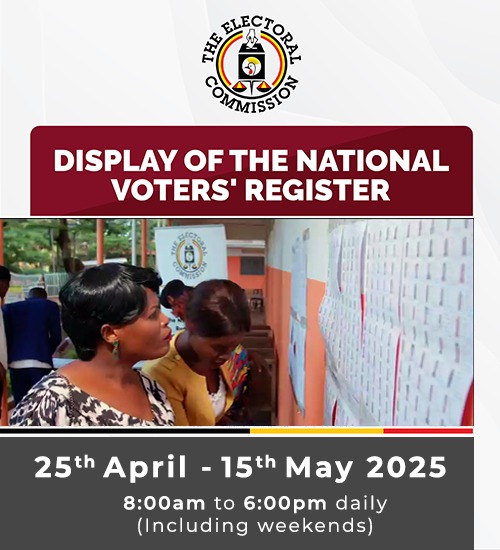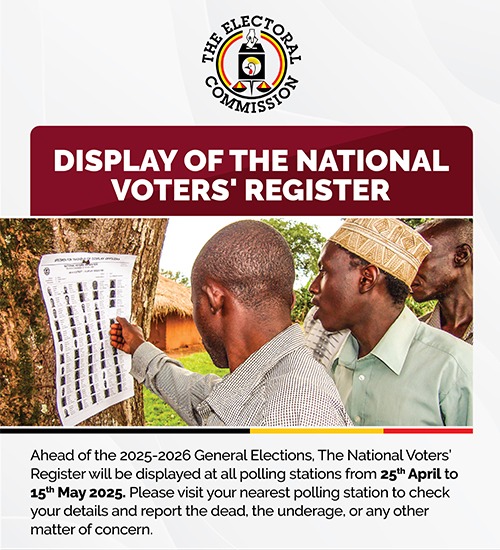KAMPALA, UGANDA- May 14, 2023: A recent study conducted by a team of researchers from Kabale Univerisity in Uganda, has revealed the challenges and experiences faced by Ph.D. students in the country.
The researchers are Johnsons Ocan, Eton Marus, Francis Akena Adyanga, and Natal Ayiga.
Titled: The Experiences and Challenges of Doctoral Education in Public Universities Compared and published in the Journal of Social, Humanity, and Education (JSHE), the study focuses on the institutional, individual, and supervisory inefficiencies that cause many Ph.D. students in Uganda to be unable to graduate within the given timeframe.
The research, which involved an extensive literature review of the external supervisors and evaluations of Ph.D. students who attempted to submit their final dissertations, found that the administrative infrastructure for Ph.D. degrees at the universities was inadequate.
Respondents remarked that the infrastructure was insufficient and of poor standards.
The study’s significance lies in the fact that it highlights the weak quality assurance systems and low quality of education in the nation.
“The Ugandan government will realize the necessity for robust quality assurance procedures at all levels of Ph.D. training through this research,” the authors write in their published article.

What the Study Scoped:
Doctoral Education in Public Universities in Uganda has always been a challenging experience for students.
Despite several state universities offering Ph.D. programs, the quality of education and lack of supportive structures continue to hinder students’ ability to complete their programs within the given time frame.
The researchers focused on three public universities, namely Kabale University, Makerere University, and Gulu University, to examine the challenges faced by Ph.D. students during their studies.
The researchers conducted an extensive literature review of external supervisors and evaluations of Ph.D. students who attempted to submit their final dissertations.
The Research Findings:
The study’s findings indicated that institutional, individual, and supervisory inefficiencies were the significant factors contributing to students’ inability to graduate within the given timeframe.
“The lack of adequate infrastructure, including research labs, reading rooms, and conference facilities, was another major challenge for students,” they further observe.
They discovered that despite the government’s pledge to ensure that higher educational institutions have desirable academic ecosystems, the reality was quite different.

Contribution:
The study’s contribution to scholarly writing and publication abilities and increasing the identity of doctoral education in Uganda is significant.
The study’s significance lies in its potential to provide important data for future research examining the expertise and skills demands of doctoral supervisors, as well as doctoral supervisor workloads and incentive issues, to raise the standard of Ph.D. training offered by Ugandan universities.
Despite the challenges faced by Ph.D. students, the study’s authors stressed the importance of critical thinking and the acquisition of skills to construct one’s own knowledge within their indigenous context.
They also noted that pursuing a Ph.D. is not just about learning the research topic but also about developing fundamental skills.

Lessons picked:
The analysis offered in this study provides important data for future research examining the expertise and skills demands of doctorate supervisors, as well as doctoral supervisor workloads and incentive issues in order to raise the standard of Ph.D. training offered by Ugandan universities.
The study results promise to improve scholarly writing and publication abilities and increase the identity of doctoral education in Uganda.
“Evidently, there is no substantial work exploring the difficulties and challenges faced by Ph.D. students in Uganda,” the authors observe.
The study provides the basis for improving university training programs and facilitating students’ timely completion of the Ph.D. program.
To access the full paper, visit: https://doi.org/10.
About The Author
Arinaitwe Rugyendo
Rugyendo is the Founder and Editor-in-Chief of ResearchFinds News. He’s an accomplished journalist with a rich background in the media industry in Uganda. With over two decades of experience, Rugyendo has held various roles including cab reporter, Bureau Chief, Managing Editor, and Digital Media Editor at renowned publications such as Daily Monitor and Red Pepper. Throughout his career, he has demonstrated a commitment to delivering high-quality journalism and staying at the forefront of media trends. In addition to his journalistic pursuits, Rugyendo is currently pursuing a Ph.D. in Journalism and Communication at Makerere University. He has been recognized for his outstanding leadership and commitment to social change as a Desmond Tutu Fellow and Crans Montana New Leader. Rugyendo also serves as the Chairman of Young Engineers Uganda and Uganda Premier League, showcasing his dedication to promoting excellence and growth in various fields. With a passion for driving innovation and pushing boundaries in media, Rugyendo continues to make significant contributions to the industry. His vast experience, academic pursuits, and leadership roles make him a respected figure in the Ugandan media landscape.
















